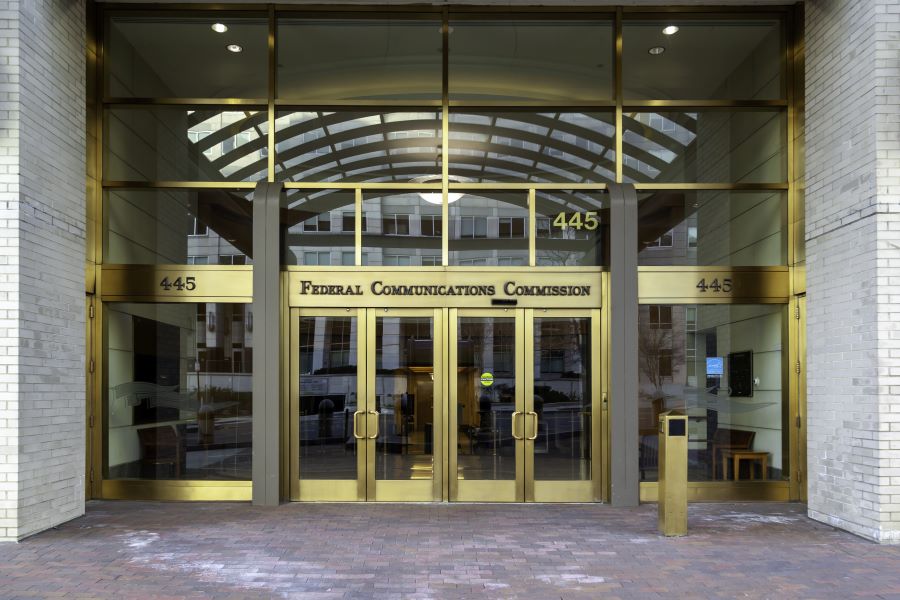Often the most punitive aspects of telemarketing regulations are reserved for autodialed calls made without proper consent. This is a significant component of the federal Telephone Consumer Protection Act (TCPA) as well as state-level laws such as the Florida Telephone Solicitation Act (FTSA) and Oklahoma Telephone Solicitation Act (OTSA). Generally, there are two levels of… Continue reading Compliance Refresher: What Is TCPA Consent?
Tag: Thought Leadership
Compliance Refresher: Calling Florida and Oklahoma
State-level telemarketing laws are nothing new. In fact, many states’ laws predate the federal Do Not Call (DNC) Registry and Telephone Consumer Protection Act (TCPA). But level of risk associated with state telemarketing regulations has increased precipitously in recent years, particularly in Florida and Oklahoma.
Compliance Refresher: Why Text Messaging Is Still Risky Post-Facebook
The Supreme Court’s decision in Facebook v. Duguid changed many aspects of Telephone Consumer Protection Act (TCPA) compliance. Since the calls at issue in that case were triggered text messages, the effects of those changes are particularly significant for text message marketing. However, while the decision may have lessened some of the risks for text… Continue reading Compliance Refresher: Why Text Messaging Is Still Risky Post-Facebook
Healthcare Calls Face Deliverability Challenges
Calling and messaging is an essential facet of modern healthcare. But even the most compliant healthcare callers are facing a new challenge that seriously impedes their ability to communicate with patients: the risk of calls being marked as spam or not being received due to the new regime of call blocking and labeling policies, apps, and regulations.
State and Federal Enforcement Actions Present Unique Challenges for Marketers
On August 2, the attorneys general from all 50 states announced the creation of an Anti-Robocall Litigation Task Force. The purpose of this task force is “to investigate and take legal action against the telecommunications companies responsible for bringing a majority of foreign robocalls into the United States.” This represents an escalation in the ongoing trend of state and federal regulators—often working together—directly enforcing telemarketing regulations rather than merely leaving things to private plaintiffs in lawsuits and class actions. These regulatory enforcement efforts present particular challenges for law-abiding callers.
Political Campaigns Must Contend with New 10DLC Rules
Tuesday, November 8 is election day in what is shaping up to be a busy midterm election year. That means that political campaigns, and the communications and marketing professionals that they hire, are sending campaign-related text messages in enormous volumes. Political campaign messages are afforded some exemptions and privileges under the Telephone Consumer Protection Act… Continue reading Political Campaigns Must Contend with New 10DLC Rules
Compelled Arbitration as a TCPA Defense Strategy
In recent months, multiple notable Telephone Consumer Protect Act (TCPA) court decisions have hinged on questions of arbitrability and the enforcement of mandatory arbitration clauses. These clauses are a valuable method of defense for callers and TCPA defendants, but they are not a simple, end-all-be-all solution. They are a complex legal defense strategy and a topic of considerable depth and nuance.
Is SMS the Safest Marketing Channel? 8 Questions to Minimize Your Risk
Over the past few months, questions on SMS marketing and TCPA have been some of the most common questions I receive. Today I wanted to share with you 8 questions you must ask yourself to minimize your TPCA risk and maximize your effectiveness with SMS marketing.
The TCPA and Personal Liability
Litigation under the Telephone Consumer Protection Act (TCPA) generally targets companies, whether that means telemarketing companies or the sellers that hire them. But there is a legal precedent for TCPA complaints—and the potentially expensive penalties that go with them—to be filed against employees and corporate officers under a theory of individual liability.
Top Ten Telemarketing Compliance Stories of 2021
2021 was an eventful year in the world of telemarketing regulations. Here are the most important events and stories from the past year.









